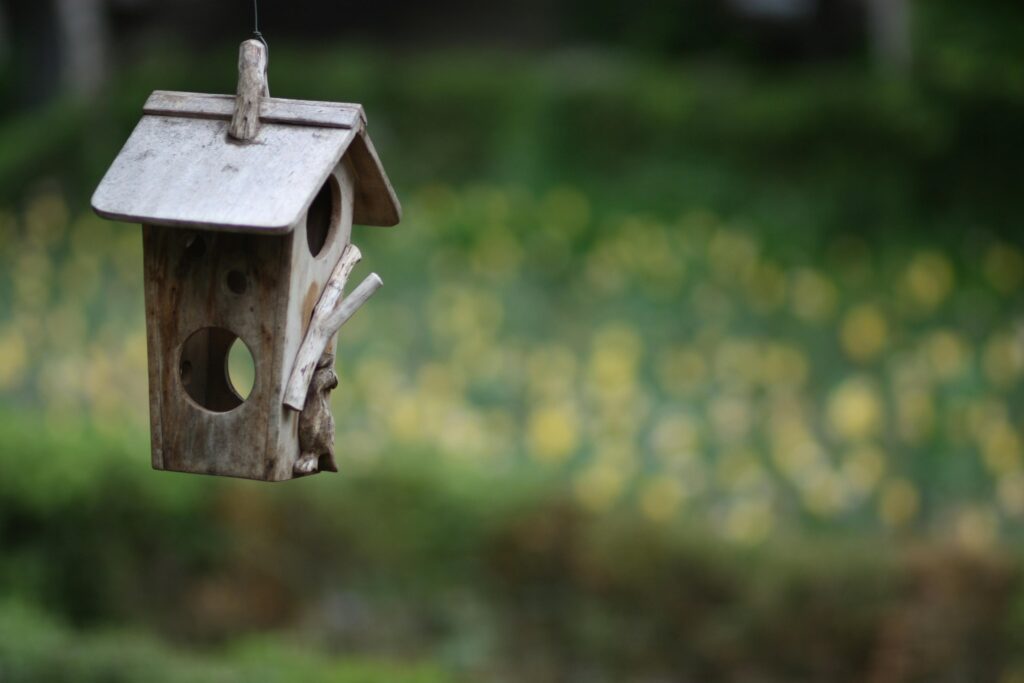In an age where sustainability is paramount, creating a garden that benefits the environment while providing beauty and produce is more important than ever. A sustainable garden not only enhances your home but also promotes biodiversity, conserves resources, and supports local wildlife. Here are some essential tips to help you cultivate an eco-friendly garden that flourishes while being kind to the planet.
1. Start with Native Plants
Choosing native plants is one of the best strategies for sustainable gardening. Native plants are adapted to the local climate and soil conditions, requiring less water and maintenance than non-native species. They also provide habitat and food for local wildlife, including pollinators like bees and butterflies. Research local flora to find plants that thrive in your area and enhance biodiversity.
2. Use Organic Practices
Incorporating organic gardening practices can significantly reduce your garden’s environmental impact. Avoid synthetic fertilizers and pesticides, which can harm beneficial insects and pollute waterways. Instead, use natural alternatives such as compost, worm castings, and organic mulches to enrich your soil. Organic pest control methods, like introducing beneficial insects (ladybugs, lacewings) or using neem oil, can help manage pests without harmful chemicals.
3. Implement Water-Saving Techniques
Water conservation is crucial in sustainable gardening. Consider the following methods to reduce water usage:
- Rain Barrels: Install rain barrels to collect rainwater from your roof. This water can be used for irrigation, helping you conserve municipal water supplies.
- Drip Irrigation: Implementing a drip irrigation system delivers water directly to the roots of your plants, minimizing evaporation and runoff.
- Mulching: Apply a layer of organic mulch around plants to retain soil moisture, suppress weeds, and regulate soil temperature.
4. Embrace Permaculture Principles
Permaculture is a design philosophy that aims to create sustainable and self-sufficient agricultural ecosystems. By following permaculture principles, you can design your garden to work harmoniously with nature. Key practices include:
- Companion Planting: Pair plants that benefit each other, such as tomatoes and basil, which can enhance growth and deter pests.
- Crop Rotation: Rotate your crops each season to maintain soil fertility and reduce the risk of disease.
- Polyculture: Grow a variety of plants together to create a resilient ecosystem that can withstand pests and diseases better than monocultures.
5. Create a Wildlife Habitat
Encouraging wildlife into your garden can improve its health and vitality. Birds, bees, and beneficial insects are essential for pollination and pest control. Here are ways to create a welcoming environment:
- Birdhouses and Feeders: Install birdhouses and feeders to attract birds that help control pests. Choose native plants that provide natural food sources, like berries and seeds.
- Insect Hotels: Construct or buy insect hotels to provide shelter for beneficial insects such as bees and ladybugs. These small structures can be made from natural materials like wood, bamboo, and straw.
- Ponds and Water Features: If space allows, consider adding a pond or water feature. This not only adds beauty but also attracts frogs, dragonflies, and other wildlife.
6. Practice No-Dig Gardening
No-dig gardening is a method that reduces soil disturbance, promoting a healthier soil ecosystem. By layering organic materials like compost and mulch on top of existing soil, you can improve soil health without tilling, which disrupts the soil structure and diminishes beneficial organisms. This technique not only saves time and effort but also helps retain moisture and nutrients.
7. Educate and Involve Your Community
Creating a sustainable garden can be a wonderful opportunity to engage with your community. Host workshops or gardening days to share knowledge and techniques with neighbors. Participate in local gardening groups or community gardens to exchange plants and ideas. This collaboration fosters a sense of community while promoting sustainable practices.
Conclusion
A sustainable garden is a beautiful and rewarding endeavor that positively impacts the environment. By selecting native plants, using organic practices, conserving water, and embracing wildlife, you can create a thriving ecosystem in your backyard. Remember, every small action contributes to a healthier planet. Start your sustainable gardening journey today and inspire others to join you in creating a greener future.




